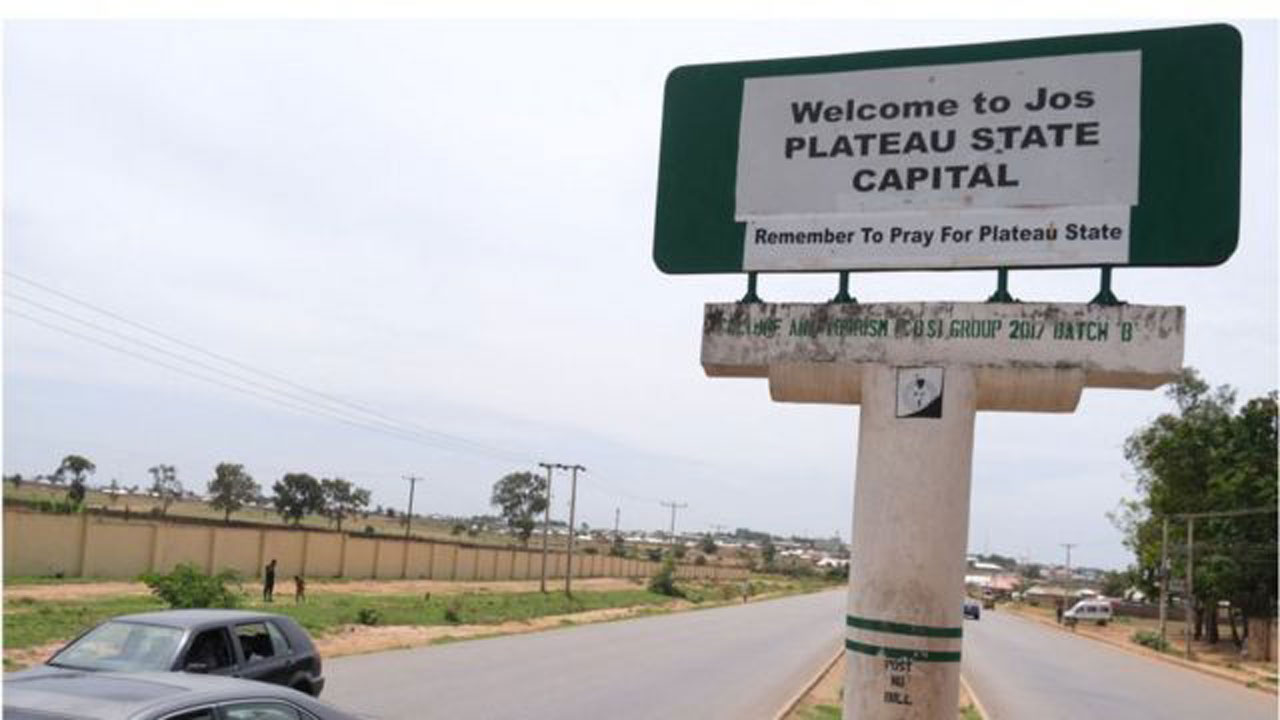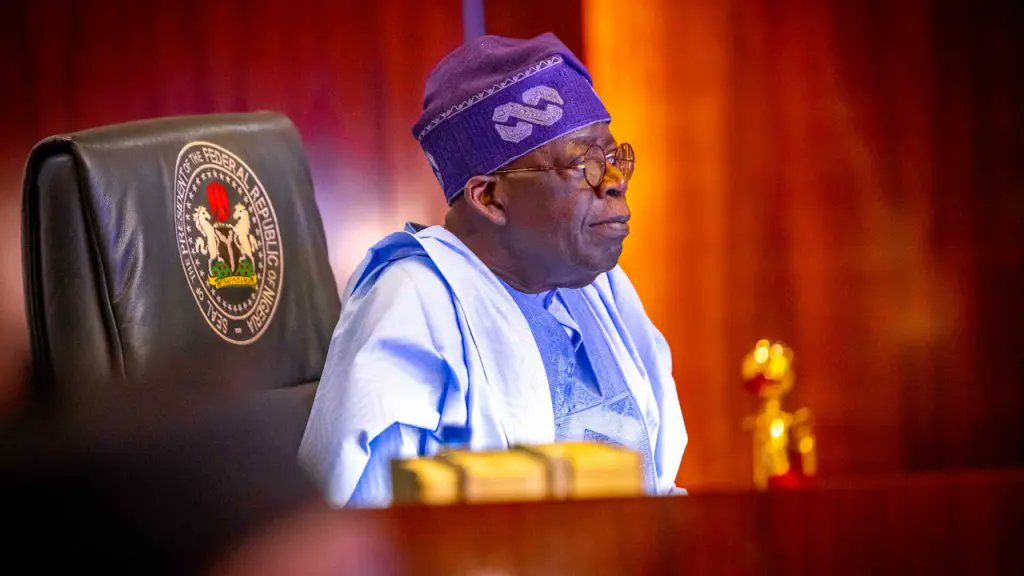Declaration by the Miyetti Allah Cattle Breeders Association of Nigeria (MACBAN) that there is no end in sight to the incessant attacks and killings in Plateau State is not only alarming, but also a statement laced with impunity that necessitates security interrogation. Embedded in the statement is a pointer to the possible cause and lasting solution to incessant criminality and lawlessness holding sway in the Middle Belt.
That such intervention has not taken place reflects the government’s sloppy or half-hearted response to a national calamity that has been manifesting over time. Such an attitude unduly empowers outlaws and fuels a prolongation of insurgency and terrorism across the country.
The cattle breeders claimed that the sustained bloodletting on the Plateau is due to the alleged injustice herders face in the state. MACBAN’s National Secretary, Bello Gotomo, while speaking in Abuja after the association’s National Executive Council meeting, enumerated proliferation of weapons, injustice and weak law enforcement, climate-induced migration, among others, as factors that fuel unending violence in the state.
The group called on the federal and state governments to ensure justice for wronged Fulani people if they are serious about ending violence and achieving sustainable peace on the Plateau. It maintained that there were instances where Fulani herdsmen are attacked, killed, and their cows rustled by natives; and security agencies did nothing about such incidents, thus automatically compelling them (Fulani) to seek justice in their own way, precisely by attacking communities where residents wronged them.
Even without the declaration by MACBAN, copious evidence abounds confirming that the herdsmen were on a mission to unleash mayhem and make the communities attacked ungovernable, and clear examples abound in the innumerable massacres going on in different parts of the country. Not a few people believe that the attackers aimed to take over the natives’ land.
By now, security operatives at the highest level should have sought answers to various posers thrown up in the MACBAN declaration. Is it true, for instance, that natives in and around the plateau attack herders and rustle their cows? Such an incident should be easily verifiable. Were the incidents actually reported, and to whom? Why was action not taken? At what point did the herders organize to avenge alleged wrongdoings against them, and who are those privy to such decisions? Assuming that the posers are affirmatively resolved, can two wrongs translate to a right? Are the police or other security agencies overwhelmed by the situation, or are they simply uninterested?
Despite the global outrage that trailed the June 13, 2025, massacre of over 200 innocent residents of Yelewata community, in Guma Local Council of Benue State, and President Bola Tinubu’s visit where he issued marching orders to security agencies to halt attacks and killings in the state, unwarranted killings have continued unabated across the country, even as armed herdsmen incursions remain continuous.
The outlaws in Benue State even took the fight to security operatives that were drafted to the affected area, killing and maiming some of them. And similar incidents have continued unabated in other states, including Zamfara, Jigawa, Katsina, Kaduna, Plateau, Benue and Taraba, among others.
This can be gleaned from the June 22, 2025, attack, where 12 passengers of the state government-owned Benue Links transportation company were taken hostage by herdsmen in Okpokwu Local Council of the state just four days after the President’s visit. Eight days after (June 30), four mobile policemen were killed by suspected Fulani herdsmen during an attack on the Udei community in Guma Local Council.
With about 32 persons killed in several attacks that happened within three months of Tinubu’s visit to Benue State, and several others still unaccounted for, many are left wondering if the government has become so helpless and overwhelmed by a so-called “ragtag gang of untrained militia.” And with residents of many communities sleeping with one eye open, having been brazenly destabilised by the activities of evil men, the government’s inability to contain them, without a doubt, paints a picture of helplessness, as well as that, which emboldens the MACBANS and its ragtag army to dare the government.
Put differently, making such despicable declarations and walking away without being questioned in a country that ranked eighth on the 2023 Global Terrorism Index is reflective of several things. First, it points to the failure of the state, as reflected in the government’s inability to rein in ethnic bigots who are maiming and killing innocent Nigerians while spewing bigotry. Secondly, now that self-help is fast becoming a norm, the primacy of government is not only questioned, but its capacity to overpower insurgents like its predecessors is highly questionable.
Thirdly, needless bloodletting across the length and breadth of the nation, apart from being inconsistent with national aspirations, predisposes the country to evolving into a network of fortified ethnic enclaves rather than a cohesive nation, where parts cohabitate with love.
It is not the first time that herdsmen under the umbrella of their association displayed arrogance and a superiority complex over other people in the polity. While the government gets serious with its national livestock transformation initiative, tackling climate-induced migration, cattle rustling and banditry, it is also important to get the buy-in of state governments in the bid to accelerate ranching schemes. As the state prosecutes those arrested in connection with the killing of over 200 in Yelewata, law enforcement agencies need to be decisive in their operations against all armed groups operating in all parts of the country without ethnic bias.
Just as the government’s apparent lackadaisical response, including selective enforcement and delayed interventions, breeds mass disillusionment, citizens are continually viewing the state as either being complicit or incompetent in tackling killings by non-state actors, a development that is a sure recipe for accelerating recourse to self-help justice. It must also be pointed out that as ethnic groups and communities lose faith in state protection, vigilante groups will proliferate, thereby creating fertile self-sustaining conflict ecosystems where tit-for-tat violence becomes normalised.
Continuous violence fuels mutual demonisation between ethnic groups, eroding centuries-old inter-communal bonds. Such violence risks hardening into permanent societal fractures. The government should know that as ethnic fragmentation deepens, national cohesion is gradually being eroded, and narratives like the superiority of one ethnic group over others (real or perceived), combined with impunity fuelled by rampaging bandits and kidnappers and sundry groups, do a lot of harm to the national psyche, just as they openly question the social contract binding Nigeria together.






